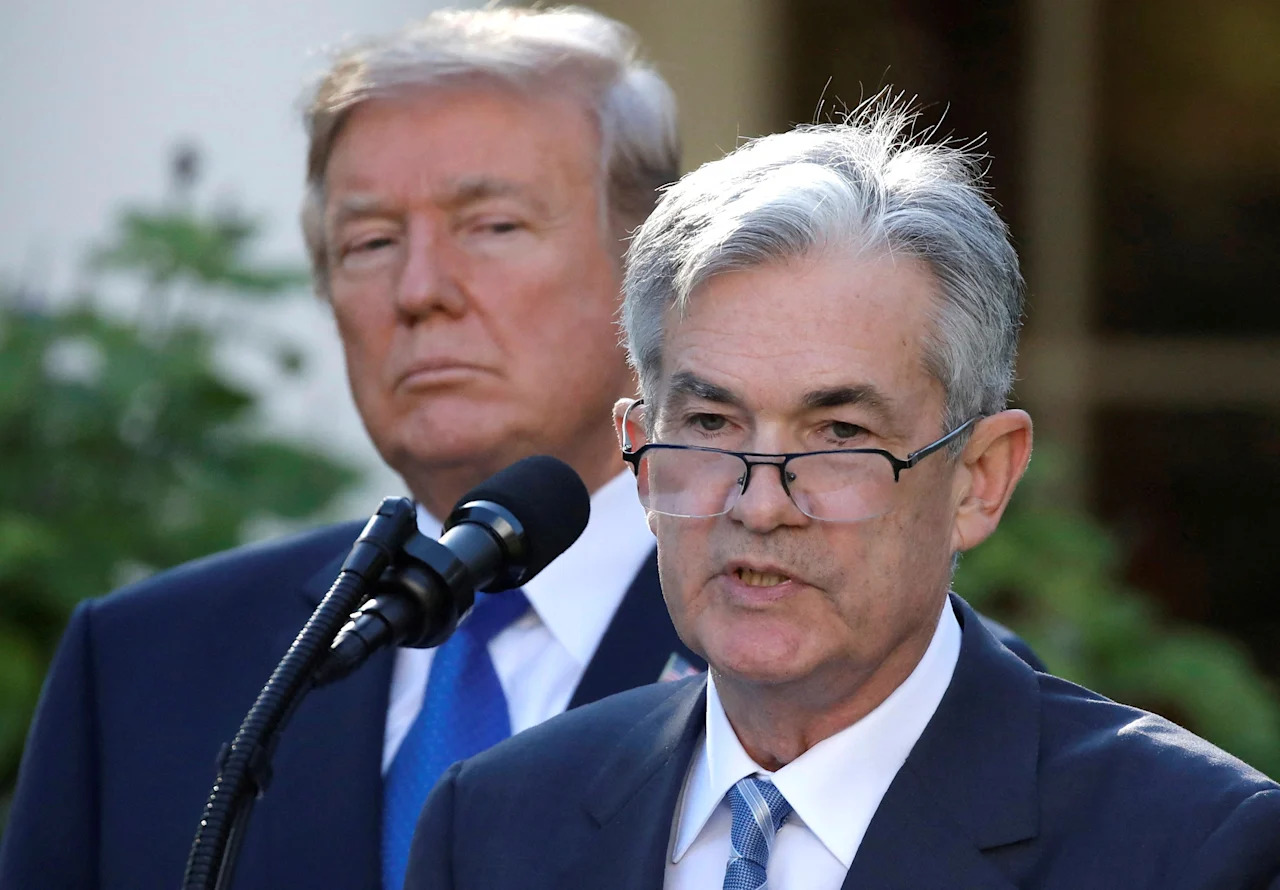Dow Jones Stock Market: Latest Trends, Key Drivers, and Outlook

The Dow Jones stock market remains a vital barometer for investors tracking the health of the U.S. economy and global financial markets. Recent events have brought heightened volatility, as political decisions and major corporate announcements moved stocks and impacted sentiment. In this article, we'll explore what’s driving market changes and what investors should watch in the coming weeks.
Recap: Recent Movements in the Dow Jones Stock Market
In early May 2025, the Dow Jones Industrial Average ended a record streak of gains, reflecting shifting investor sentiment due to renewed trade tensions and anticipation around Federal Reserve decisions. According to Yahoo Finance, the revival of tariff threats led the Dow to slip almost 0.3%, posting its first loss after a long stretch of positive sessions. The S&P 500 and Nasdaq also saw declines, highlighting widespread caution across U.S. equities.
The optimism seen earlier was largely tied to hopes for renewed U.S.-China trade talks. However, comments from President Trump over the weekend suggested no immediate negotiations with Chinese leadership, which spooked the markets. There was also an announcement of significant tariffs on certain foreign goods, which investors fear could escalate trade tensions further.
Key Drivers of Volatility
Several factors have contributed to the Dow Jones stock market’s turbulence:
-
Tariff Developments: President Trump's renewed threat of tariffs, including a proposed 100% duty on foreign-produced movies, has rattled multiple industries and led to sharp stock movements. For instance, media and automotive stocks responded particularly strongly to these headlines.
-
Federal Reserve Policy: The market’s attention has shifted towards the Federal Reserve’s policy meeting. With ongoing uncertainty regarding interest rates, investors are searching for clarity on future monetary decisions and their impact on credit markets. More details can be found in the Wall Street Journal's real-time coverage.
-
Corporate News: Major announcements, such as Berkshire Hathaway’s leadership transition and Ford's earnings guidance cuts due to tariff impacts, directly affected their respective stock prices and overall market sentiment. Ford withdrew its profit guidance, warning of "significant impacts" from auto parts tariffs. This event underlines how global trade policy quickly influences even the largest U.S. corporations.
Sector Highlights and Corporate Reactions
Media companies like Netflix and Disney experienced stock price drops following threats to impose tariffs on foreign-made films. According to market reports, this move could drive up production costs and disrupt the industry, leading investors to reassess prospects in the sector.
Meanwhile, automakers such as Ford faced new hurdles as import tariffs on auto parts took effect. Ford beat first quarter earnings expectations but pulled its full-year guidance, citing material risks from the changing tariff landscape. You can read more about how companies are adjusting to these changes in Yahoo Finance’s sector analysis.
What Should Investors Watch Now?
The Dow Jones stock market is likely to remain sensitive to the following:
- Outcomes from Federal Reserve policy meetings and any shifts in interest rate strategy.
- Ongoing developments in trade negotiations between the U.S. and China, particularly any hints of resolution or escalation.
- Corporate earnings reports, especially from key Dow components reacting to trade policies and global supply chain disruptions.
For continuous updates on these topics, refer to Yahoo Finance and the Wall Street Journal’s live coverage.
Conclusion: Navigating the Dow Jones Stock Market in Uncertain Times
In summary, the Dow Jones stock market is experiencing heightened volatility following renewed tariff threats, significant corporate news, and uncertainty around Federal Reserve actions. Staying informed and monitoring official sources for timely updates can help investors navigate these turbulent times. As policies and market dynamics evolve, flexibility and awareness will be key to making sound investment decisions.